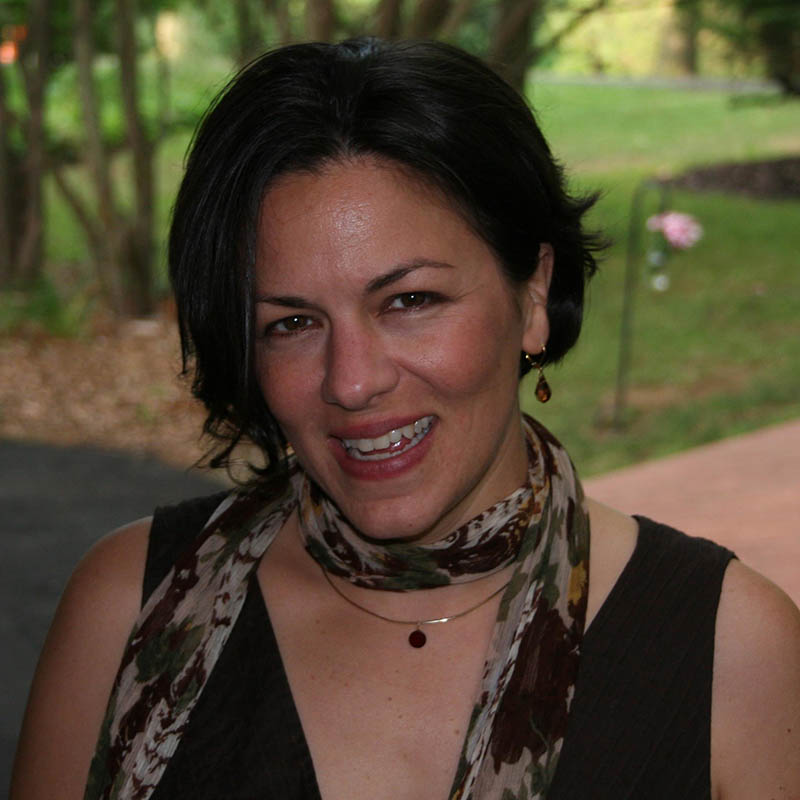Faculty Feature: Meet Laura J. Boyd, Cinema Arts Chair

Associate Professor Laura J. Boyd's interest in travel, adventure and natural history steered her to the path of documentary filmmaking. In 2011, Boyd joined the cinema arts faculty and is currently department chair.
"My experience managing national and international productions — both from the home office of National Geographic or while traveling and working in the field — informs everything I teach ... Filmmaking is hard work, but the rewards and opportunities make every minute worth it."
What inspired your passion for filmmaking?
I spent nearly a decade working in expedition tourism leading trips in Alaska, the Russian Far East, the South Pacific and Antarctica before going to film school. I was fortunate to see the world as part of my job and realized that not many people have the means to travel to the ends of the earth. Film has the power to bring the world — and all of its amazing stories and beauty — to people to enjoy.
How do you incorporate your professional experiences into the classes you teach?
My experience managing national and international productions — both from the home office of National Geographic or while traveling and working in the field — informs everything I teach. And fortunately for me these were not just jobs, they were also grand adventures. Filmmaking is hard work, but the rewards and opportunities make every minute worth it.
As a producer, one of my specialties is document management and legal deliverables. Every filmmaker needs producing skills, whether they are scheduling a film shoot or negotiating a contract for their first position in film. Demystifying the legal and organizational needs of a film production is a huge part of what I do as a professor. Having years of professional experience and sharing real-life examples with my students brings their knowledge to another level. When they are faced with managing their first production I make sure they have all of the legal documents they need, and organizational systems in place, so they are extremely professional from day one.
I went into filmmaking with a background in photography and expedition tourism, and my goal was to become a documentary cinematographer. Marine biologist and filmmaker Rick Rosenthal was one of my mentors in graduate school and he encouraged me to pursue producing, and my experience as an expedition leader from the tourism world kept landing me producing positions.
As a documentary producer, I was researching, budgeting, scheduling, organizing and overseeing international travel documents for both crew and gear — in addition to conducting interviews and working behind the camera. I worked on documentaries for the National Science Foundation, Discovery Science Channel and the Navel Oceanographic Office while in graduate school, and my documentary thesis film took place on Easter Island.
My international travel experience — in addition to my graduate degree in science and natural history filmmaking — landed me a job with National Geographic Television three months after completing graduate school.
What makes Point Park's cinema arts program distinctive?
Students are required to work on film sets beginning their first semester in the cinema arts programs, and they are working on their own films by the second semester. As part of the Conservatory of Performing Arts, the faculty concentrates on training their students to refine their artistic skills.
Additionally, our facilities are incredible. I invite you to come and see them for yourself!
Is there anything else you would like to add?
As chair of the department, I am putting all of my film producing skills to work. I like to joke that I am 'producing' the department. I am overseeing budgets, managing resources, creating schedules, working with a crew of professors, and communicating with administrators, faculty, staff and students. The only difference is that the final product is now filmmakers, not films.

